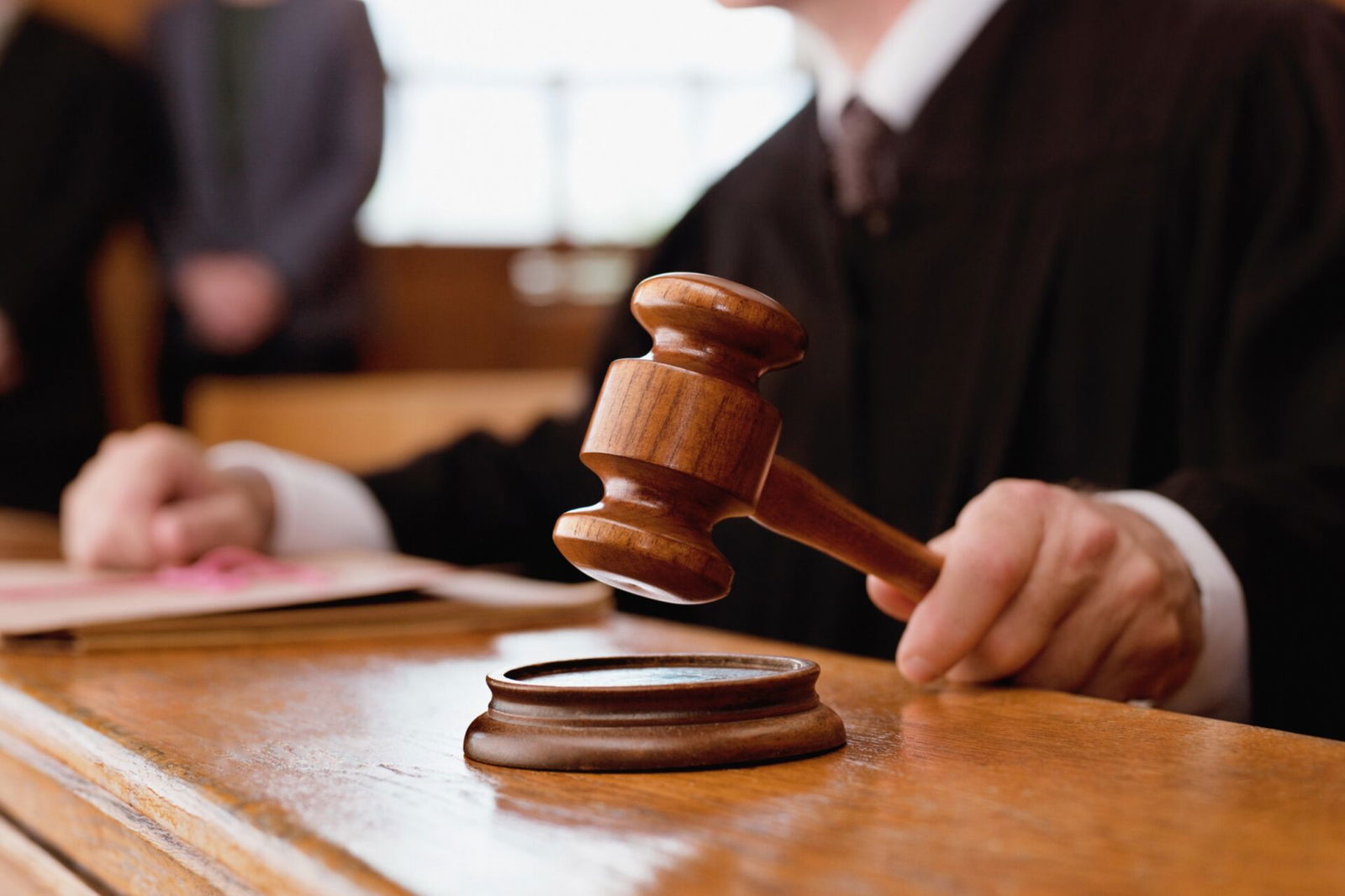
December 20, 2023
Mississippi Judge Rules Terry Pitchford Must Be Given New Trial
In the American Media Project's analysis of Evans’ 225 trials, they discovered that Black jurors were excluded at four times the rate of white jurors.
U.S. District Judge Michael P. Mills ruled on Dec. 12 that the State of Mississippi has to retry Terry Pitchford on capital murder charges because the judge who initially tried the case did not give Pitchford’s lawyer a chance to establish that the dismissal of Black jurors was discriminatory. As CBS News reports, Mills made the ruling in part because of the trial history of former District Attorney Doug Evans. Evans has a history of discrimination against Black jurors, according to Mills’ ruling. Furthermore, Mills ordered the retrial in the next six months, or Pitchford would be a free man.
Pitchford is currently incarcerated at the Parchman Mississippi State Penitentiary, where he remains on death row following his conviction for the 2004 murder of Ruben Britt, a Mississippi store owner. Pitchford and a friend, Eric Bullins, went to Britt’s store outside Grenada to rob it. Bullins is suspected of shooting the store owner three times, which resulted in a mortal wound. According to court documents, Pitchford maintained that he never even shot in the direction of Britt; instead, he shot at the floor.
Later, police would find Britt’s gun at the residence of the then 18-year-old Pitchford, which led to his confession that he had tried to rob the store. However, Mills ruled that the jury selection in his 2006 trial was fundamentally flawed because Pitchford’s attorney was not allowed to challenge the state’s dismissal of Black prospective jurors. To do this, a lawyer has to be able to raise points that show a jury pool was affected by discriminatory strikes.
In Pitchford’s case, the jury selection started with a somewhat mixed group of 61 white citizens and 35 Black citizens, which was whittled down to 36 white and five Black jurors due at least in part to the objection of many Black jurors to Pitchford getting the death penalty. Following this, state prosecutors got rid of four additional Black jurors, which left a nearly all-white jury.
It is legal to strike Black jurors for reasons that do not pertain to race, and the prosecutors did explain their reasons for excusing them at the trial. Still, in Mills’ review of the case, he reasoned that the defense was not given adequate time to contest against the jury selections. Mills wrote in his ruling, “This court cannot ignore the notion that Pitchford was seemingly given no chance to rebut the state’s explanations and prove purposeful discrimination.”
Mills said in his ruling that he was influenced by another case involving Evans where a similar occurrence occurred. Curtis Flowers was tried by Evans six times over the shooting deaths of four people. The United States Supreme Court eventually reviewed the case. It ruled that Evans had denied Black jurors the opportunity to sit on the final jury and overturned Flowers’ death penalty conviction.
Conservative Supreme Court Justice Brett Kavanaugh described Evans’ efforts as a “relentless, determined effort to rid the jury of Black individuals.” In addition to this, in season two of its In The Dark podcast, the American Media Project covered the Flowers trial and discussed Evans’ history of creating all-white or nearly all-white juries in his trials. In their analysis of Evans’ 225 trials, they discovered that Black jurors were excluded at four times the rate of white jurors.
“This analysis does not prove the jurors were struck because they were Black. Why not? Because of too many other factors, some are unknown. It simply shows that Black potential jurors in the Fifth Circuit Court District were struck at a rate nearly 4½ times that of white potential jurors.”
They also noted that even though Black jurors’ odds were six times worse than that of white jurors, they could not say with complete certainty that the outcomes were solely race-based because they would have to interview the prosecutors in all those cases. “This analysis — where reporters could see race and responses in 89 trials — showed that a Black juror’s odds of being struck were 6½ times greater than the odds of an otherwise similar white juror’s despite answering questions during jury selection the same way.”
The APM continued, “Nonetheless, the analysis still does not prove jurors were struck because of race. That’s because of other factors we couldn’t possibly know without interviewing the prosecutors in Doug Evans’ office in central Mississippi. They declined interview requests.”
Mills did not believe the Flowers case on its own proved anything. He thought that the history of Evans should have been taken into context when considering Pitchford’s appeal, saying, “The court merely believes that it should have been included in a ‘totality of the circumstances’ analysis of the issue.”